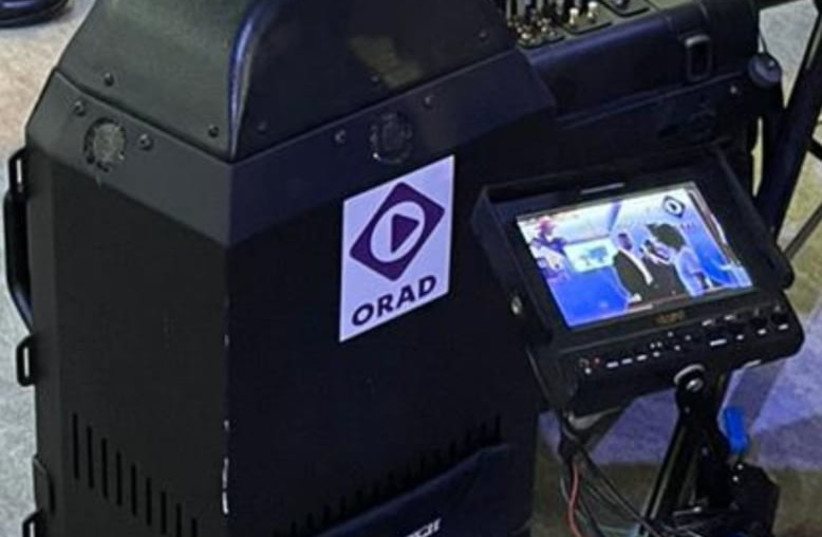The Mozambique Army downed drones belonging to the Islamic State using Israeli-designed jamming systems manufactured by MCTECH technologies.
Based in Kfar Saba, MCTECH RF Technologies specializes in developing and manufacturing electronic warfare solutions for security forces, armies and governments in Israel and around the world.
The company announced last September that it had sold and delivered its MC-Horizon 360D V3 systems to an East African army in order to protect forces maneuvering in conflict zones.
Less than a year after acquiring the system, Mozambique announced that it had downed three IS drones that were allegedly gathering intelligence on troops as well as planning to bomb them.
According to Yossi Gofer, the CEO of Orad, while MCTECH’s systems are in use by a number of militaries around the world, this marks the first time that a foreign army has reported interception with the Israeli system.

“In Mozambique, IS is attacking troops with drones. They use drones to identify troops, to bomb troops and even to identify troops and then navigate artillery to hit forces. This is exactly the same thing that happened with IS in Iraq,” Gofer told The Jerusalem Post.
According to him, the drones used by IS militants in the area are “so small and they fly very fast and very low to the ground so that it’s hard to identify them. You need a very good radar.”
The tactical MC-Horizon anti-drone modular system can be carried on a soldier’s back and can identify hostile drones from two kilometers away using its RF sensor by analyzing signal channels and radio transmissions. The system accesses the targets by an electro-optical EO/IR tracker as well as a 3D Pulse-Doppler all weather radar with mechanical scan and elevation electrical phased-array.
The system has 360 degree coverage and if a drone is detected, it automatically triggers an alarm and alerts the operator. The system’s hi-power outdoor jamming system, which is aligned with the electro-optical system’s line of site, intercepts the hostile aerial target, bringing it down from a kilometer away before it can attack forces.
It has been in operational use since 2014 by security forces throughout the world, including in Nigeria, Thailand Hungary and other African and European countries. While the Defense Ministry and IDF has looked at the system, it has yet to buy it, Gofer said.
The report comes as the United Nations (UN) announced that IS-linked militants in Mozambique’s gas-rich northeast have been increasing their attacks on government forces and civilians.
The United Nations Office for the Coordination of Humanitarian Affairs in Cabo Delgado, an area the size of Rwanda, said that the number of attacks grew in the first two months of 2022 despite the presence of thousands of regional troops in the area.
The insurgency in the province has killed over 3,500 people since violence erupted in 2017, and between January and February alone over 12,000 people were forced to flee their homes.
